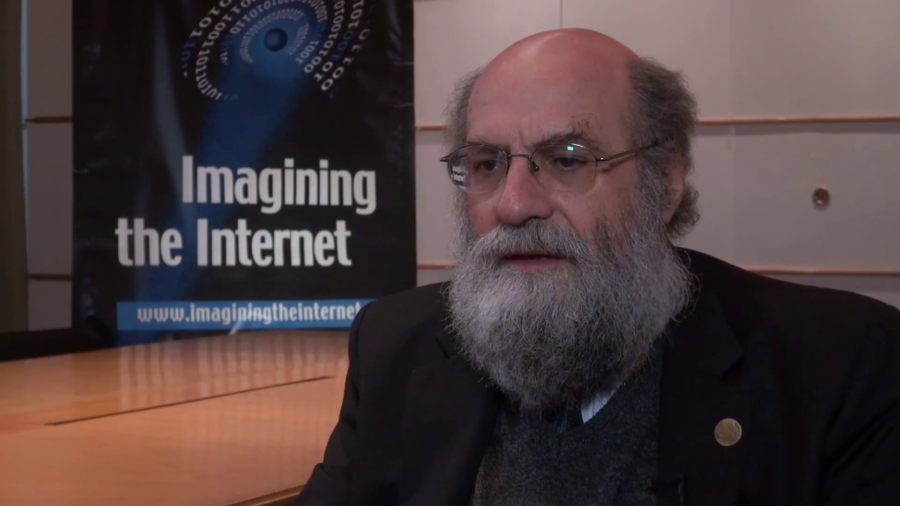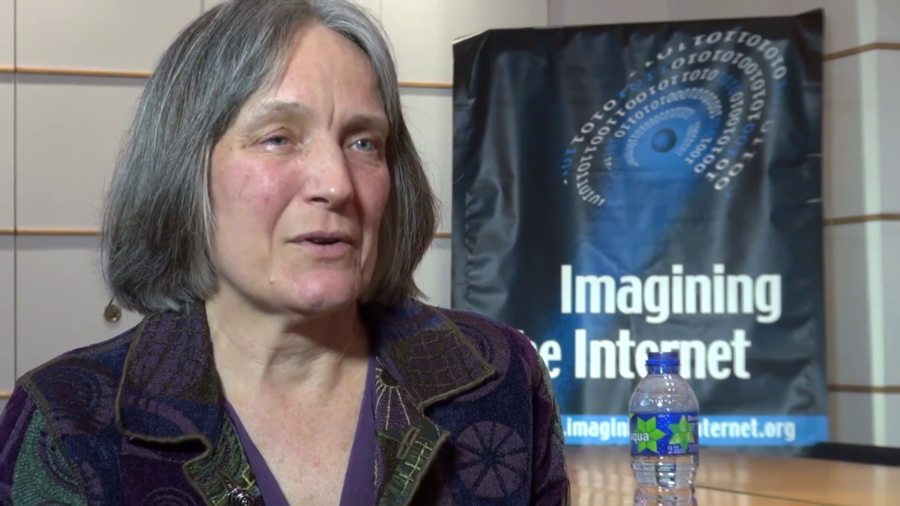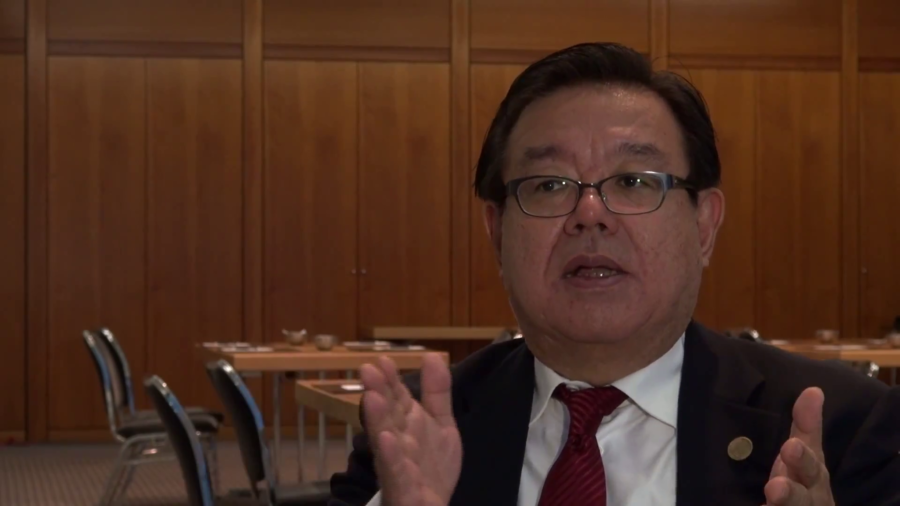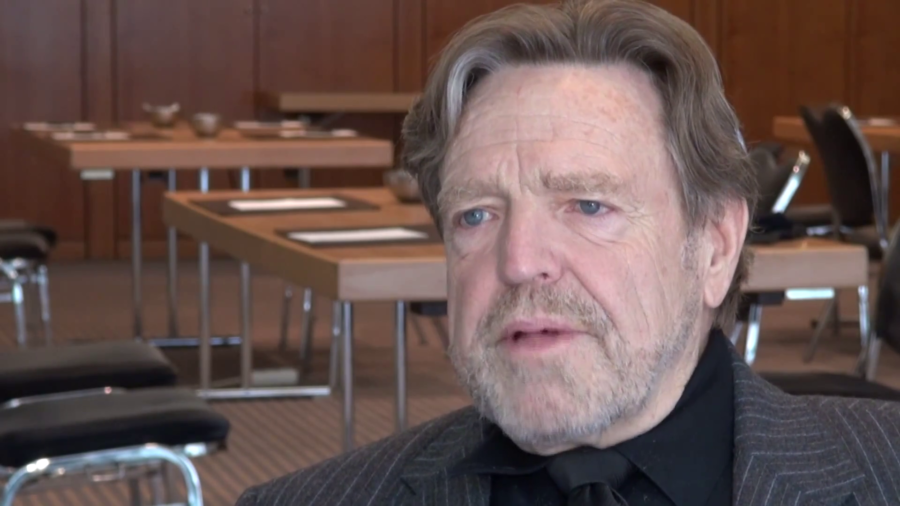The Internet in some ways kind of ruptured, if you look at all the structures and all the economical models and so on. In this way, the Internet represents also a threat to the status quo in many business operations and so on. Then of course the well-established status quo in some ways fears the Internet.
Archive (Page 3 of 14)
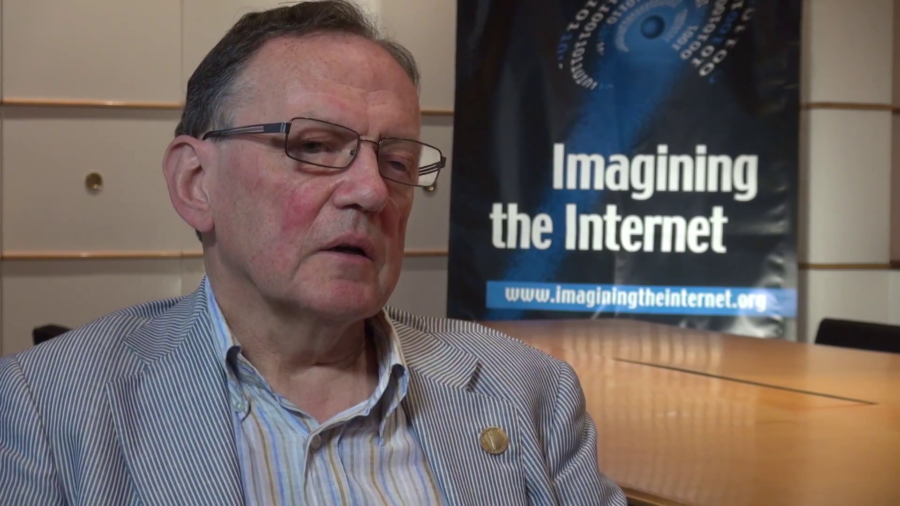
I think the thing which I see as being really important is there are a lot of still quite routine jobs, where people are adding very little value other than moving information from one place to another. And I think that aspect of work will become increasingly rare in the same way that for example if you look back say forty, fifty years ago, factory work consisted of relatively routine things.
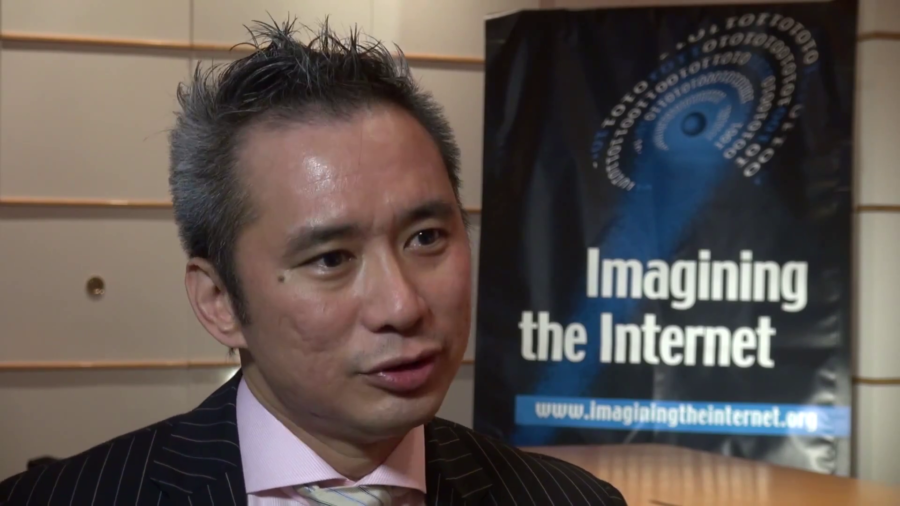
I was lucky enough to start off as one of the first ISPs in Hong Kong back in 1995. I was heading up the Internet service providers association locally. And that kind of led us to have a central or organized body to discuss with the government on Internet regulations or telecommunications issues among us. And that kind of opened the door to many of the issues that we are facing today like copyright, privacy, security, and even just Internet accessibility.
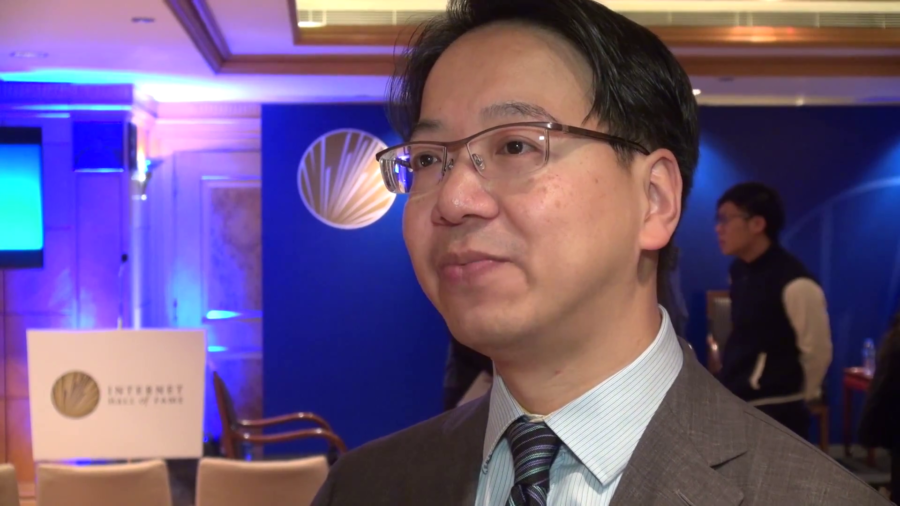
I started one of the early Internet service providers back in the mid to late 1990s. And then working with other people, we basically brought the commercial Internet to Hong Kong from the days of narrowband connectivity, modems, dialup, to broadband.
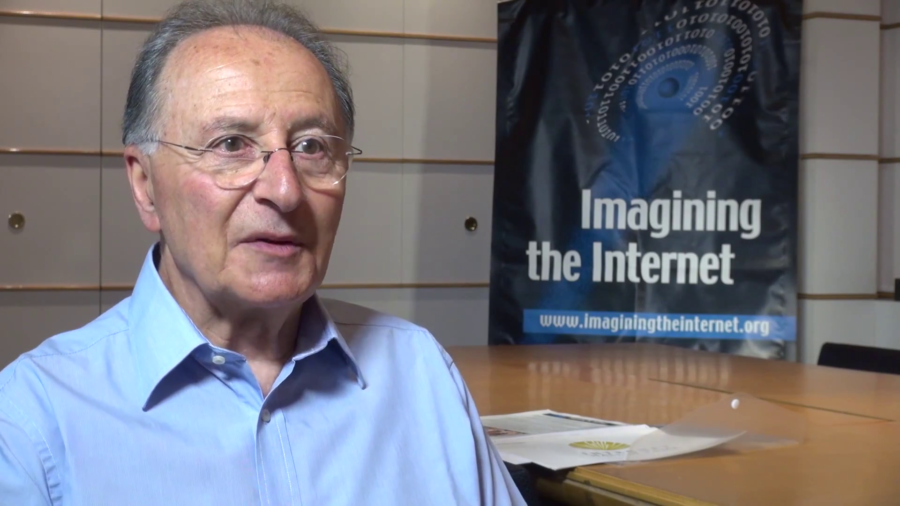
Tim Berners-Lee invented the Web at CERN. He was a young guy at CERN. He kindly said I was a mentor to him, because I was doing this operation of introducing and teaching protocols. I taught him socket programming and that sort of thing. And I noticed him as a young…eager beaver. And I watched the process of him inventing the Web, single-handedly. So, that’s the highlight and I would say that wasn’t a result…you know, direct result of what I did, but certainly I helped to create the ground for him, the environment for him, to make that invention at CERN. Because CERN was not a particularly fertile place.
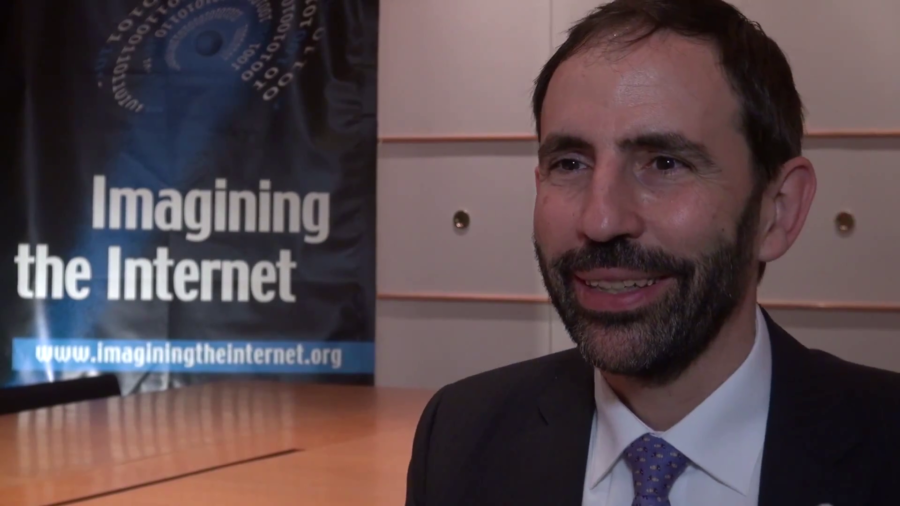
Probably the biggest concern is if the Internet gets broken in pieces. And one of the best things now is that the Internet is one. It’s unique and you can connect, end-to-end, everywhere. We have started seeing in places like China that they have their own DNS systems, the firewalls. So they’re breaking the Internet in different pieces.
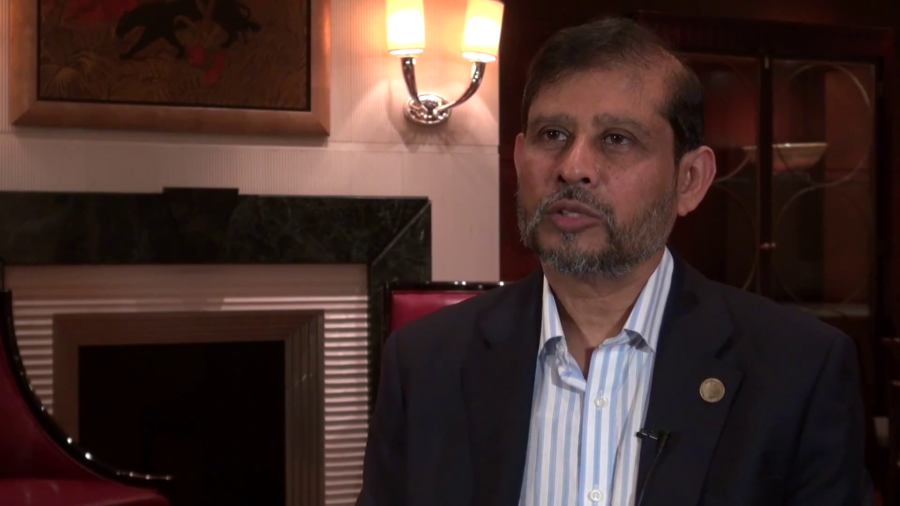
Having got the money, the next challenge was to somehow get the only telecom provider at the time in the country, Sri Lanka Telecom, to set up the network communication channels. So with a kind of persuasion I was able to get three 64 kilobits per second wireless links to connect my university, University of Moratuwa, to two other universities, one in Colombo, University of Colombo, and Open University. And in 1994 we set up the first IP ran in the country.

